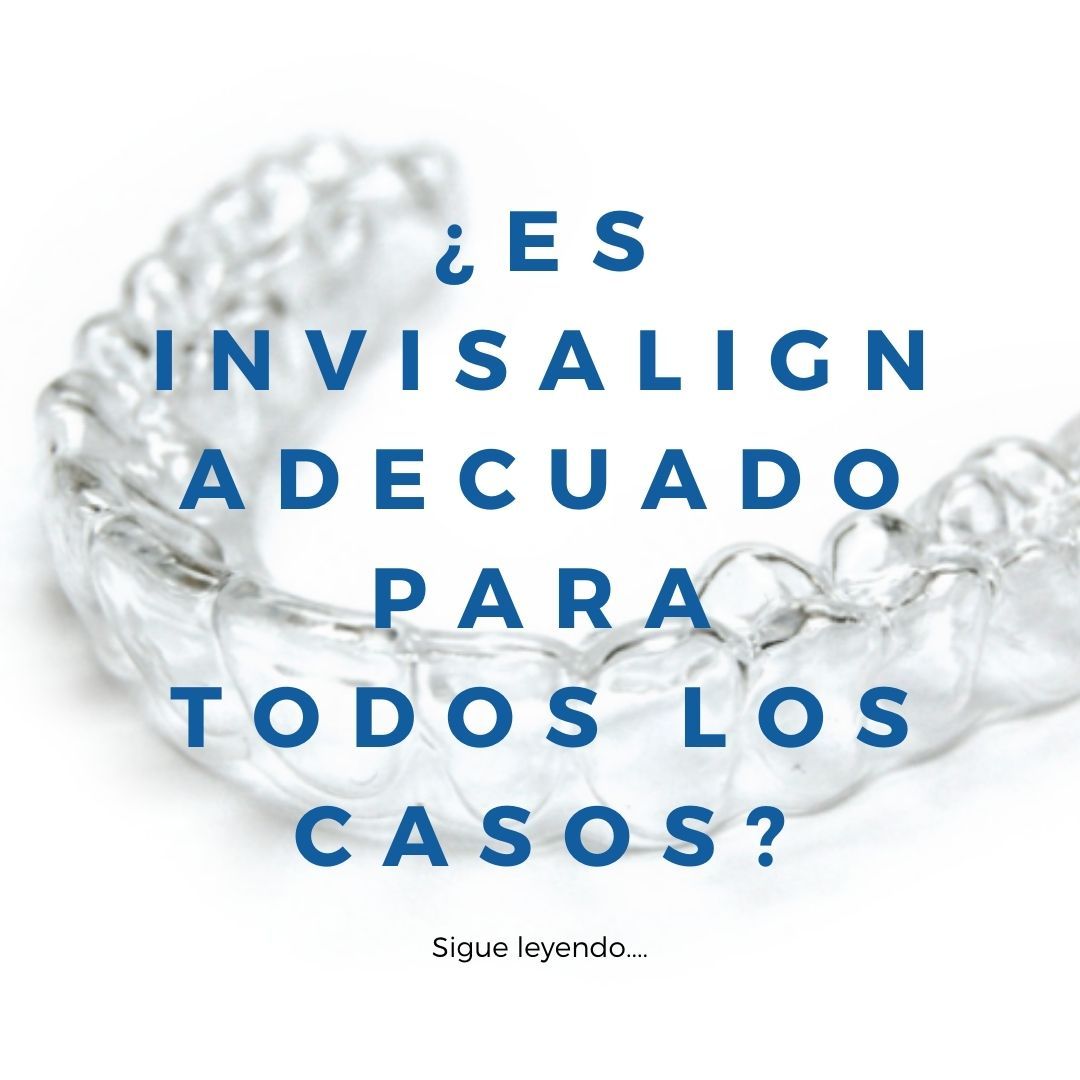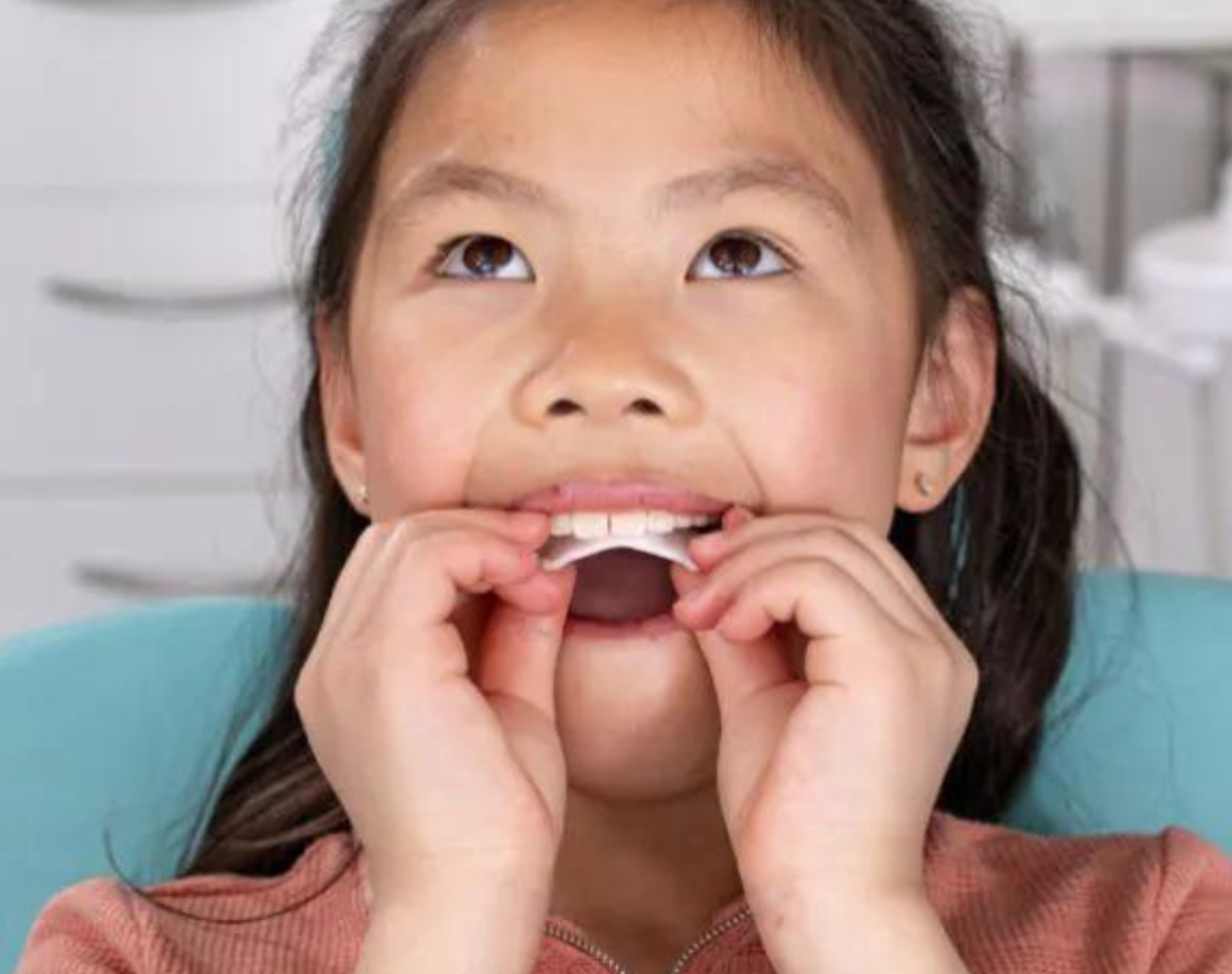The bruxism is an involuntary habit that affects more than half of the population. 20% of the population worldwide. It has consequences for the stomatognathic apparatus as well as for the rest of the body. Recent research suggests that the habit of mouth breathing may trigger it and/or increase the seriousness of the effects. Not all patients with sleep bruxism necessarily have a mouth-breathing habit, but all patients with a mouth-breathing habit have bruxism.
The habit of mouth breathing not only affects the quality of the air that goes into the body (full of impurities, cold, dry, poorly prepared), but in order for it to be produced, the body has to adopt incorrect skeletal and muscular positions (neck, head, thorax); This in turn produces, over a long period of time, disorders of the stomatognathic and orthognathic system, as well as deviations of the spine, hips, soles of the feet; not to mention the muscular pain caused by having to adopt these abnormal positions in order to breathe.
Bruxism is related to a brain activation that produces awakenings at intervals, even if the sufferer does not remember them; These brief awakenings alter the normal course of sleep, resulting in waking up tired, drowsiness, pain in the masticatory muscles, hypersensitivity of the teeth to changes in temperature, tooth mobility, tooth fracture, difficulty in opening the mouth (especially on waking), joint noises, and many others, difficulty in opening the mouth (especially when waking up), joint noises, and many other disturbances of the complex stomatognathic system and general health (headache, pain behind the eyes, sore spots in the muscles of the face, pain in the neck, feeling of a stuffy ear, etc.).).
That is why it is necessary to treat these cases as soon as possible. If you suffer from bruxism, come and we will help you.


